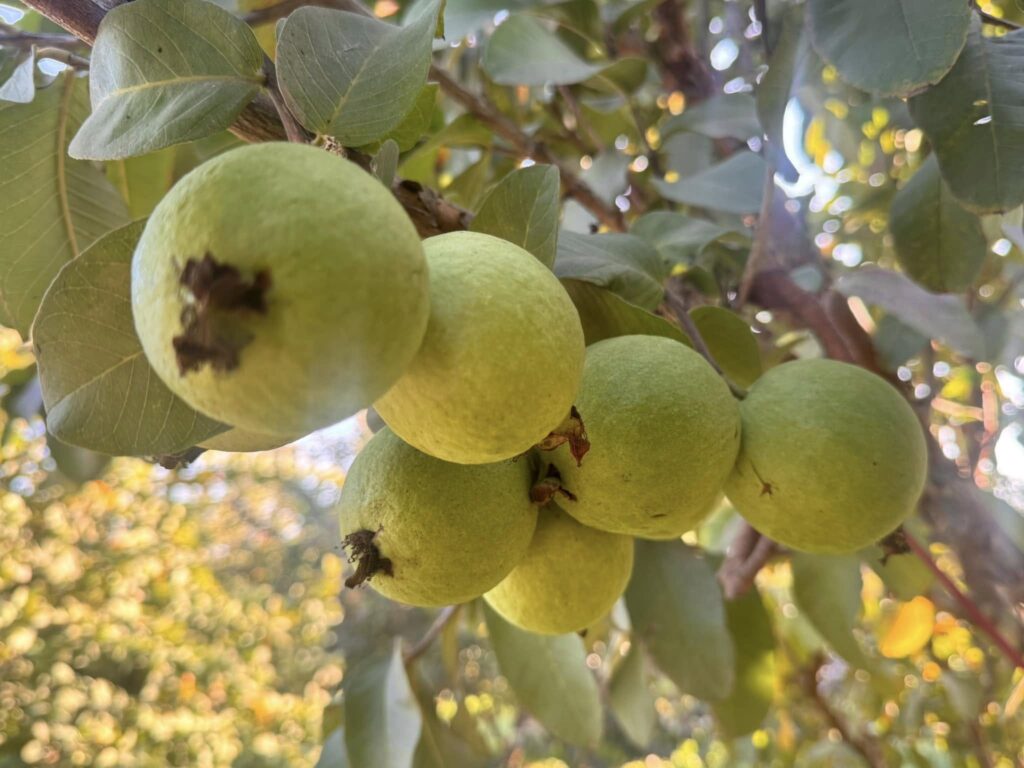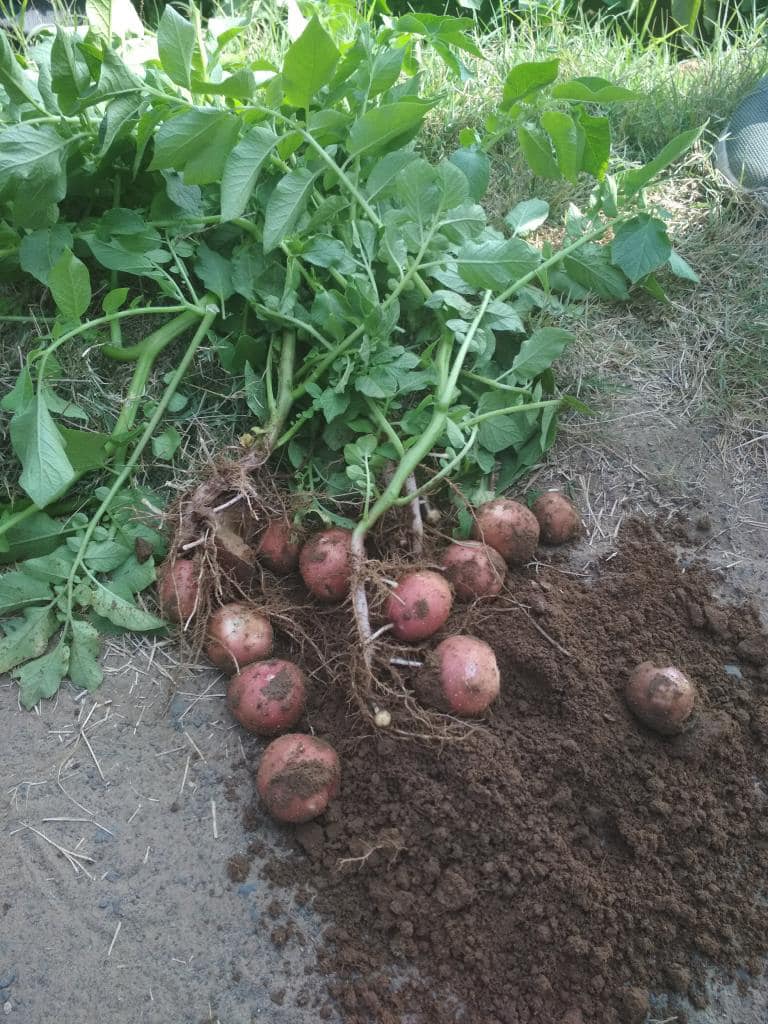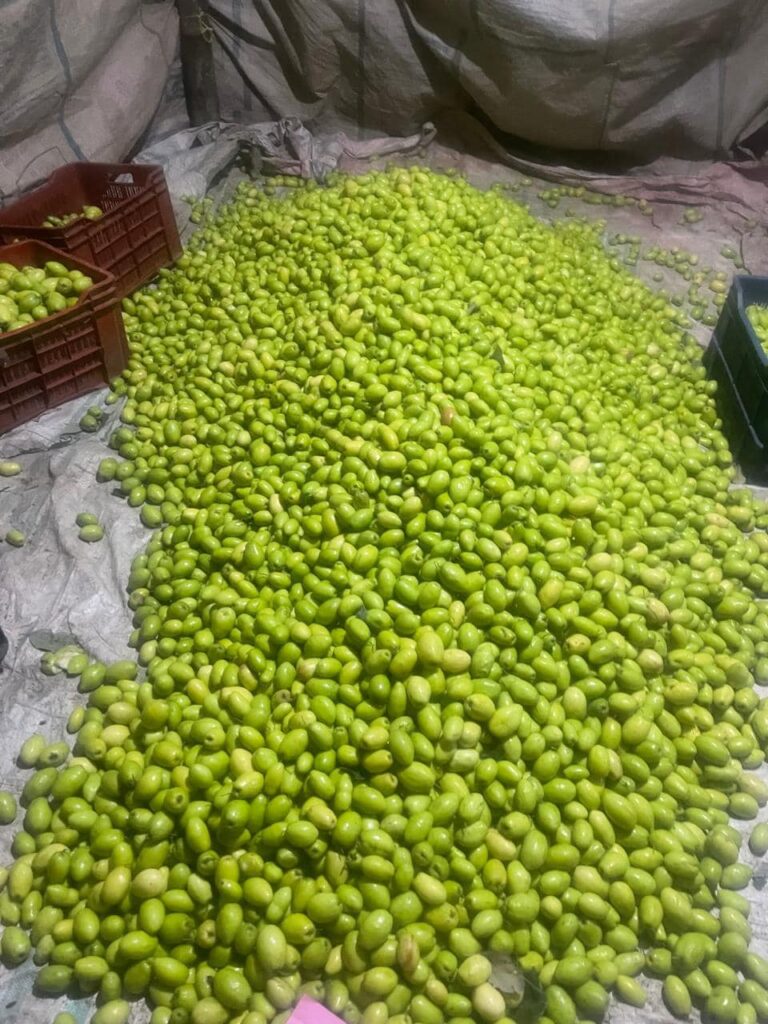As we step into the final quarter of 2025, the organic movement continues to gain momentum, proving that sustainable agriculture is not just a trend but a necessity. With increasing awareness about health, environmental concerns, and the need for a resilient food system, organic farming is shaping the future of global agriculture.

The Rise of Organic Farming
Over the past decade, the demand for organic products has skyrocketed. Consumers are becoming more conscious of what they eat and how it is produced. The harmful effects of chemical fertilizers and pesticides, coupled with concerns about biodiversity loss and soil degradation, have pushed farmers and policymakers to embrace organic and regenerative agricultural practices.

Organic Farming in Sirsa District
Today, I was invited by organic farmers from the Sirsa District. They have approximately 100 acres of organic fields spread across 10 farms. I provided guidance on organic certification, specifically sharing information about NPOP Certification, and encouraged them to focus on cluster development.
The following crops are being harvested:
Fruits:
Guava
Kinow
Ber
Mango 🥭
Watermelon 🍉
Muskmelon
Falsa
Malta
Plum (Aloo Bukhara)
Peach (Aaroo)
Vegetables:
Organic potatoes 🥔 (both table & chips varieties) & organic 🧅 (large area)
All leafy 🥬 vegetables
Cabbage
Cauliflower
Oil crops:
Mustard
Millets:
Bajra (Pearl Millet)
Other Crops:
Wheat (🌾 both Desi and Hybrid varieties)
Chickpea
Paddy (Rice)

The Economic and Environmental Benefits of Organic Farming
Switching to organic farming isn’t just about avoiding synthetic inputs—it’s about creating a holistic system that nurtures the land and provides long-term benefits:
Soil Health: Organic farming practices like crop rotation, composting, and bio-fertilizers improve soil fertility and microbial activity.
Biodiversity Conservation: Encouraging natural ecosystems helps protect pollinators, beneficial insects, and native plant species.
Market Opportunities: With increasing consumer demand, organic produce often fetches premium prices, benefiting farmers economically.
Climate Resilience: Organic farming helps mitigate climate change by reducing carbon emissions and enhancing soil’s ability to sequester carbon.
Looking Ahead: The Future of Organic Agriculture
As we envision the future, it is imperative to continue supporting organic farming through policy incentives, farmer training programs, and consumer awareness campaigns. Technology and innovation will also play a significant role in making organic farming more efficient and accessible.
The journey towards a sustainable food system is ongoing, but with the efforts of organic farmers in Sirsa District leading the way, we are moving closer to a world where organic, ethical, and sustainable farming practices are the norm rather than the exception.
Let’s continue to support and celebrate the organic movement—because a healthier planet starts with the choices we make today. 🌿



